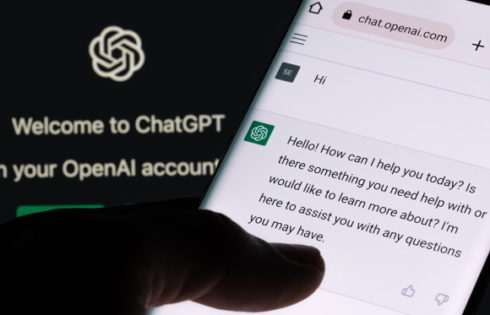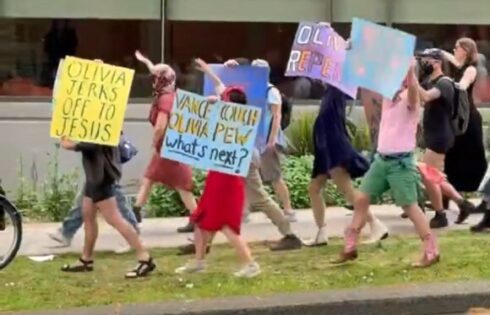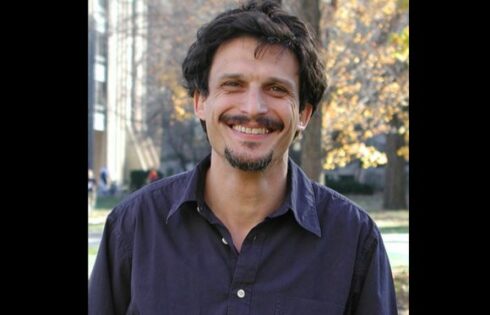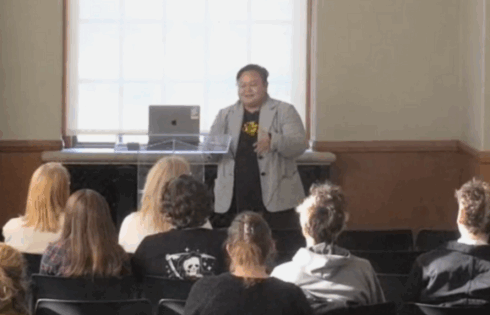
In what may be a perfect example of what happens when students suffer from complete “social justice” exhaustion, the first meeting of Chapman University’s “White Identity and Allyship” workshop series drew more facilitators than students — 3 to 2, respectively.
And, according to The Panther, those students were there only for a project … and for a class.
Of course, those involved with the workshops don’t think the workshops’ purpose — “to educate members of the Chapman community on culture and social justice” — has anything to do with the paltry attendance.
“You always hope for more students to come to any one of your programs and events, but I think as the semester goes on, more students will attend as they learn more about what the series has to offer, what the Cross-Cultural Center is,” said Negeen Lotfi, the program director for the Center.
That’ll work, sure.
Leti Romo, the assistant director of Cross-Cultural Engagement, said that the series came about so that students could learn how to show support and compassion for other communities at Chapman.
“What was happening a lot was that students — in particular, students who identify as white — often felt like they were being told to be better allies, but they don’t really know what that means all of the time, or what actions they can take to show their allyship or their empathy,” Romo said.
Each session will be facilitated by a white faculty or staff member, Romo said. The Cross-Cultural Center has gathered faculty and staff from different communities in the university, including Residence Life, the Career Development Center and Civic Engagement.
“I don’t identify as white, I identify as Latinx (a gender nonconforming identifier), and so, for me, what was really important was to allow this to be a space facilitated by staff members who identify as white, who are seen as allies within these communities and how they showed their allyship,” Romo said. “We’re trying to pull in staff from different areas who can show the students the different ways to be allies. It’s a joint effort.”
Romo added that “allyship” could entail learning about “the value of language” like using people’s “correct” pronouns … or just acknowledging such pronouns.
Or, it could be thinking about “how to be an advocate for people who have a lower socioeconomic status.”
And here’s where you rub your chin: How are those examples just for white people? Shouldn’t blacks, Hispanics and Asians also be versed in “proper” pronoun use?
Are there not poor white folks who need advocates?
Perhaps if the facilitators can penetrate the inherent contradictions in their workshops’ premises, student audience figures will improve.
MORE: UC Berkeley ‘identity’ groups block passage to white students
MORE: ‘No Campus for White Men’ — new book details harsh reality in higher ed today
Like The College Fix on Facebook / Follow us on Twitter
IMAGE: Damian Navas/Flickr






Please join the conversation about our stories on Facebook, Twitter, Instagram, Reddit, MeWe, Rumble, Gab, Minds and Gettr.